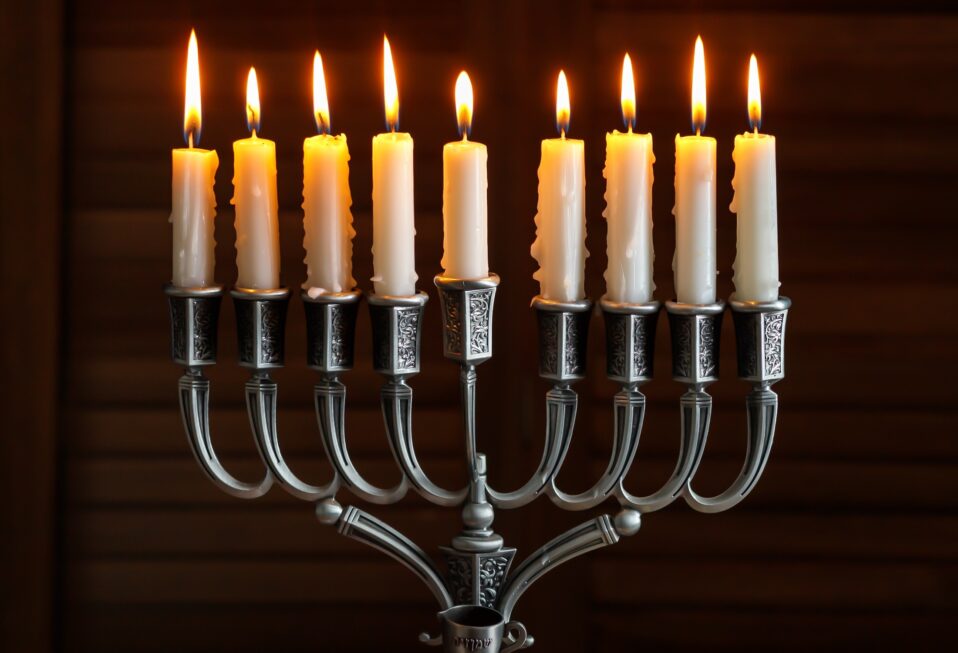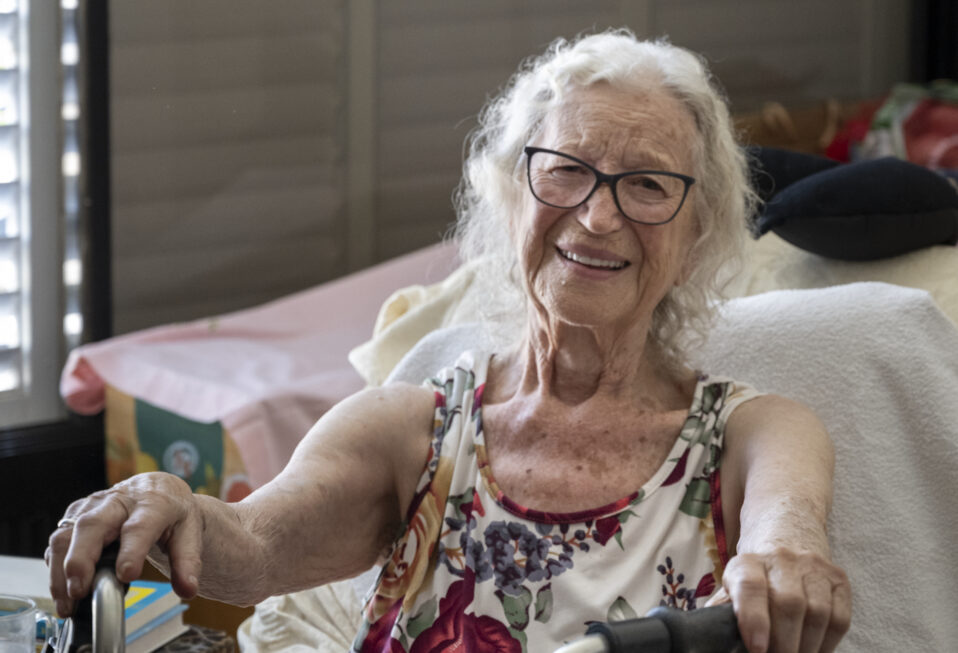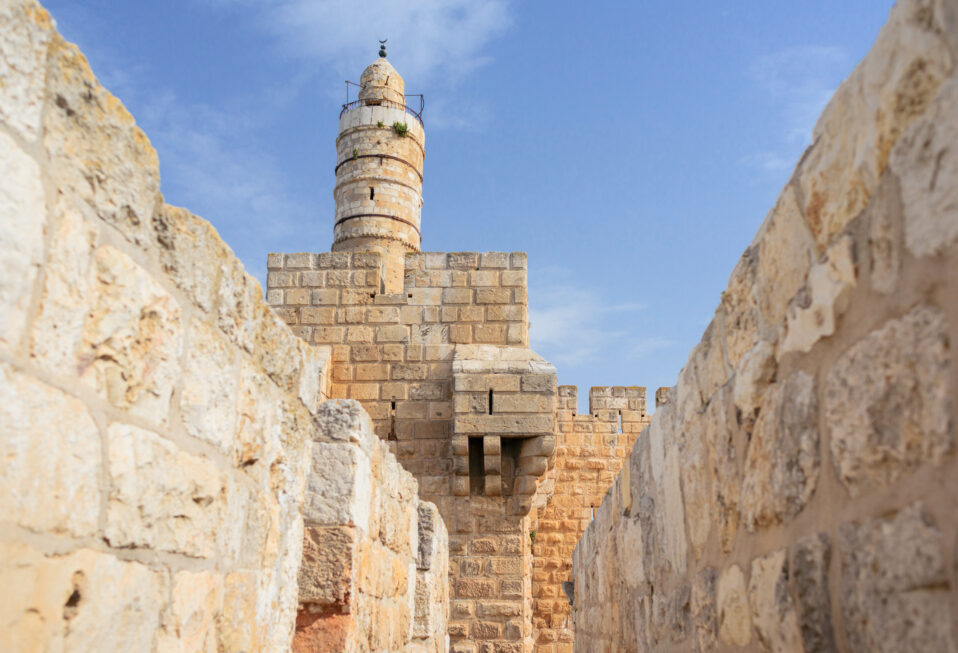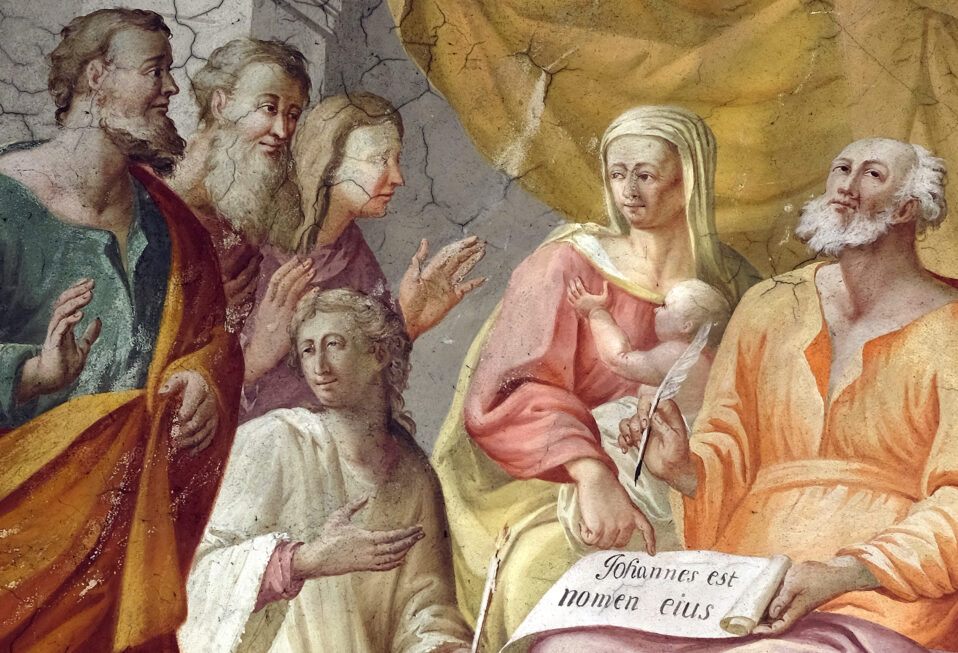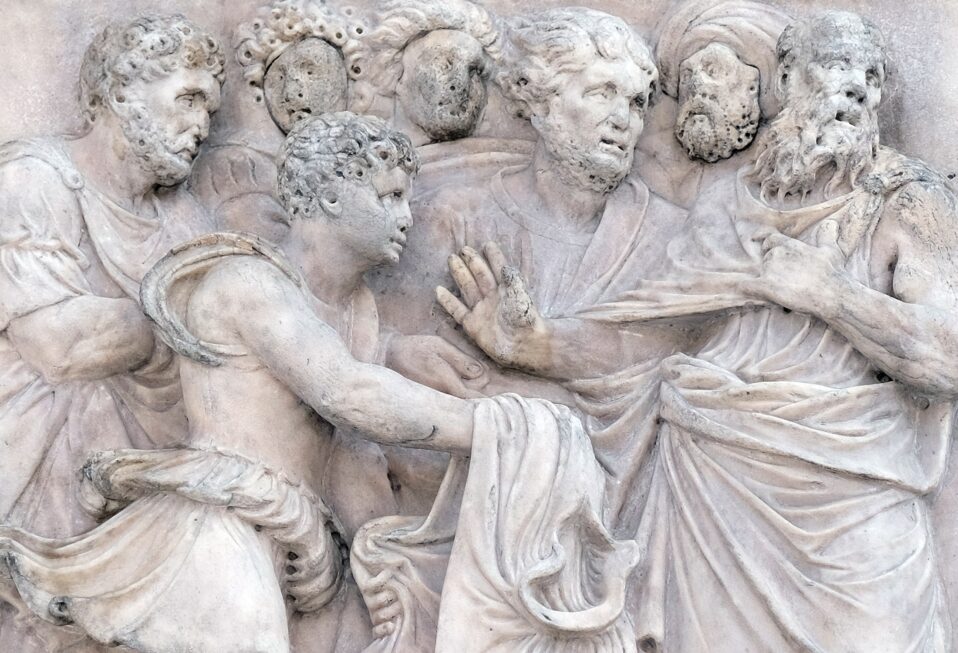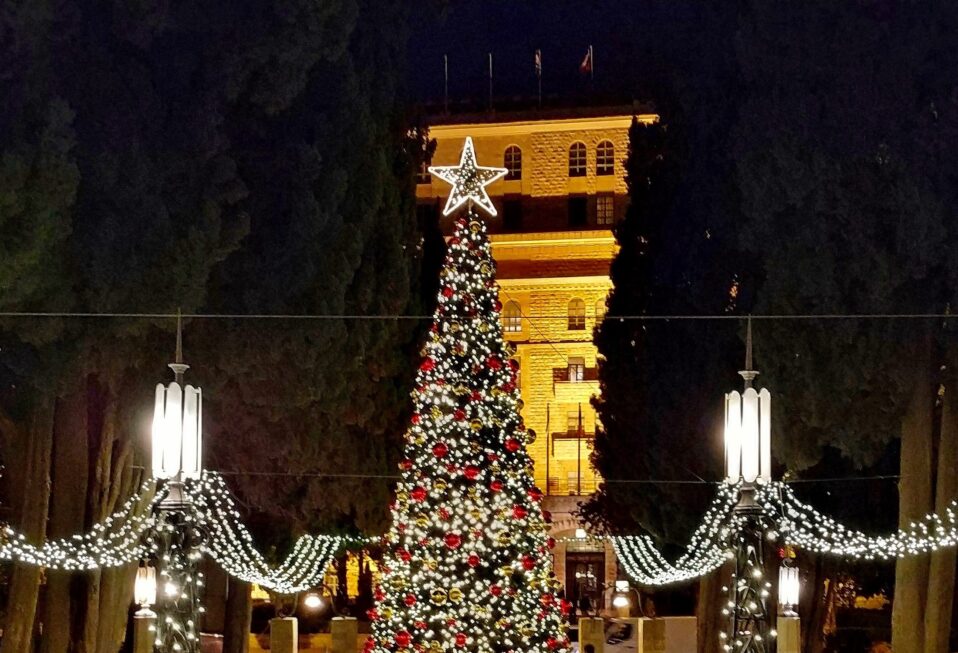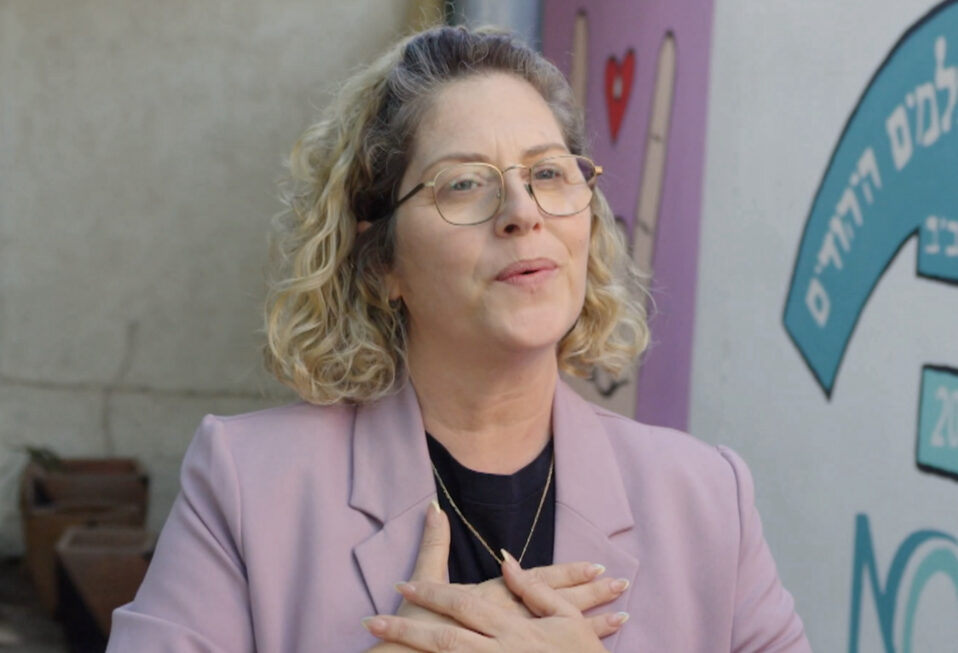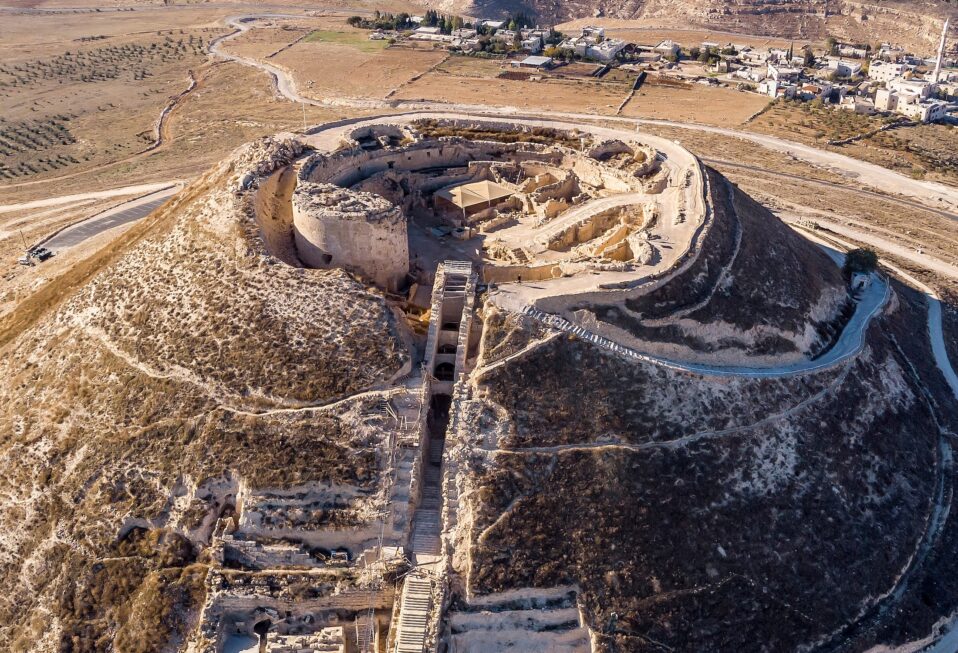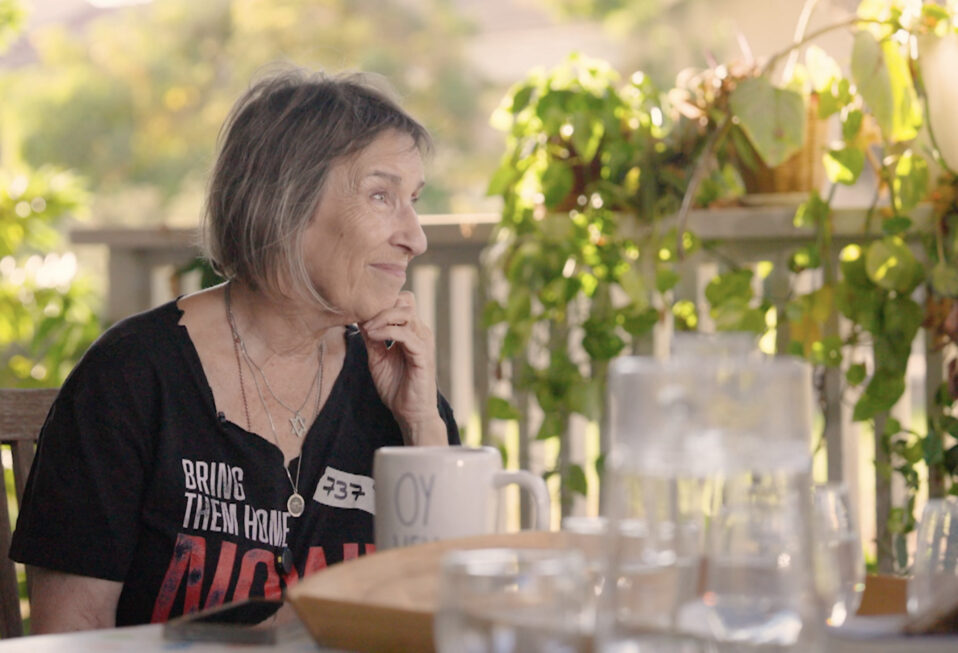By Arlene Bridges Samuels
Hanukkah, the Jewish Festival of Dedication and Lights, began this year under both joy and sorrow. On the first day of Chanukah by the Sea at Bondi Beach in Sydney, Australia, more than a thousand people gathered to celebrate. The theme was “light overcoming darkness,” marked by family festivities, music, food, and a five-foot-tall menorah. But just as candles were being lit, gunfire shattered the air.
Two attackers, reportedly inspired by Islamic State ideology, opened fire on the crowd, killing sixteen Jews and injuring forty others. Australian police quickly neutralized the father, while a courageous bystander, Ahmed al-Ahmedi, tackled the son and seized his rifle, preventing further deaths. Ahmed, a Muslim, risked his life to defend Jewish celebrants, sustaining multiple gunshot wounds. His father, Mohamed, later said, “My son is a hero. He served in the police. He has the passion to defend people.”
Though the Jewish community grieved deeply, their spirit was not broken. Refusing to surrender to fear, local leaders carried on with the celebration the following day. The menorah was lit once again. The crowd sang traditional songs in Hebrew and English, joined together in the Australian national anthem. Rabbi Yossi Shuchat addressed those gathered, saying, “Yesterday was a tragic event, which words cannot explain. Darkness cannot continue where there is light.”
The rabbi also retold the ancient story of Hanukkah and the miracle that gave it meaning. More than two thousand years ago, the tyrannical Seleucid ruler Antiochus IV sought to eradicate the Jewish people and outlaw their faith. A small band of Jewish fighters known as the Maccabees rose in defiance. Though vastly outnumbered, they fought with divine strength and won. In 174 B.C., they reclaimed Jerusalem and the desecrated Temple, rededicating it to the God of Israel. This act of courage and faith inspired the Feast of Dedication, known in Hebrew as Hanukkah.
Today, Hanukkah still symbolizes the triumph of faith over oppression. Its eight nights recall how a single cruse of pure oil, enough for one day, miraculously burned for eight days in the restored Temple. That miracle continues to echo across the centuries, reminding both Jews and Christians that God’s light can never be extinguished by human hatred.
As Israel faces ongoing threats, the ancient meaning of Hanukkah feels especially relevant. Since the attacks of October 7, 2023, anti-Semitism has risen sharply around the world. Israel’s soldiers, often called the modern Maccabees, continue to defend their homeland on multiple fronts. Just as the Maccabees once faced the armies of Antiochus, today’s Jewish defenders stand against those who seek once again to erase their people from history.
For Christians, Hanukkah carries profound meaning as well. The Gospel of John records that Jesus Himself celebrated the Feast of Dedication. “Then came the Festival of Dedication at Jerusalem. It was winter, and Jesus was in the Temple courts walking in Solomon’s Colonnade” (John 10:22-23). Earlier in the same Gospel, Jesus declared, “I am the Light of the world” (John 8:12). His presence in the Temple during Hanukkah was no coincidence. He embodied the very light that the menorah represents.
When Christians remember that their Savior observed Hanukkah, they gain a deeper understanding of how their faith is rooted in Judaism. The word “Hanukkah” means to dedicate or to renew. That same spirit of renewal applies to every believer’s life, calling both Jews and Christians to stand together against darkness with courage and faith.
The Embassy of Israel in Washington recently shared an uplifting glimpse of this season’s celebrations in Jerusalem. In the Western Wall Plaza, a monumental bronze menorah more than six feet tall and weighing nearly a ton stands as a symbol of light, resilience, and unity. The menorah was lit each night by different representatives, including hostage survivors, bereaved families, wounded soldiers, police officers, ambassadors, and IDF troops. As an orchestra played, Isaiah 51:11 came to life: “And the redeemed of the Lord shall return, and they shall come to Zion with song.” The verse carries added meaning this year, as Israel welcomed home the last remaining hostages released from Gaza in October.
History offers yet another remarkable Hanukkah story. In 1917, during World War I, British forces liberated Jerusalem from the Muslim Ottoman Empire after four centuries of occupation. The victory took place during Hanukkah, from December 9 to 17. On December 11, British General Edmund Allenby entered Jerusalem on foot out of reverence for the Holy City, ending the Ottomans’ rule and freeing the city from devastation. The Jerusalem Center for Security and Foreign Affairs later called it one of the great salvation moments of Jewish history, ranking it alongside Hanukkah and Purim.
Hanukkah, which ends this year on December 22, remains a festival of courage and light. Its message is timeless: darkness may strike suddenly, but light always prevails. As Psalm 27:1 reminds us, “The Lord is my light and my salvation; whom shall I fear?”
In this season of miracles, may every candle lit on the menorah remind us that the same God who strengthened the Maccabees still strengthens His people today. The light that began in Jerusalem continues to shine across the world, calling all who believe in Him to stand firm, to act with compassion, and to be bearers of hope.
Our CBN Israel team invites you to reflect on this verse spoken by King David: “You, Lord, are my lamp; the Lord turns my darkness into light” (2 Samuel 22:29).
Prayer Points:
- Pray for the safety of Jewish communities worldwide during Hanukkah observances.
- Pray for the families grieving the loss of loved ones in the Bondi Beach attack.
- Pray for churches and pastors to speak biblical truth with courage and to stand in solidarity with Israel.
- Pray with gratitude for the hero who stopped the attack and saved lives.
Arlene Bridges Samuels is the weekly feature columnist for CBN Israel since 2020. Working on the staff of the American Israel Public Affairs Committee (AIPAC) as their SE Regional Outreach Director for nine years, International Christian Embassy Jerusalem USA engaged her as the Leadership Outreach Director part-time for their project American Christian Leaders for Israel. Arlene is an author at The Blogs-Times of Israel, is published at AllIsrael.com and The Jerusalem Connection, and has traveled to Israel since 1990. By invitation, she attends Israel’s Government Press Office Christian Media Summits as part of Christian media worldwide. In 2024, Arlene and her husband Paul co-authored Mental Health Meltdown: Illuminating the Voices of Bipolar and Other Mental Illnesses. www.TheMentalHealthMeltdown.com.


